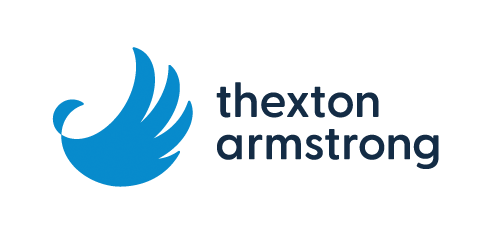Are you a Leader or a Follower?


Imagine: you decide to end your corporate career and start your own business. You have the knowledge and experience, but how do you go about it?
Four questions prospective franchisees should ask themselves
Do you consider a franchisee in retail or food or will you choose a career in professional services? In other words: will you set up an espresso bar, for example, or will you start as a consultant and use your knowledge, experience and training? Crucial questions.
For both options applies, entrepreneurship is a different ‘game’ to salaried employment. A permanent job offers a certain degree of stability. You know how much you earn and when you get your salary. That ends when you start your own business. But how do you start? Ask yourself the following four questions and see which choice suits you best: business services or representing a well-known retail or food brand? Do you aspire to a job as a consultant/coach/mentor or would you rather set up a new branch of a coffee or drugstore chain? Or would you rather buy an existing branch?
1. What do you want to sell?
Do you want to sell an existing product or are you going to sell yourself? If you decide to set up a new branch of a retail or food brand, you are selling a product under the umbrella of a well-known brand. People decide to enter your store or restaurant because it is on the high street and they know what they are getting. In professional services, it’s different, because here you sell yourself. You offer a certain service or expertise that you have. That could be giving advice or sharing knowledge. Because not everyone knows what you can do, you have to promote yourself.
2. What is your starting capital?
Starting a franchise in food and retail costs a lot of money. Often at least hundreds of thousands. You ‘buy’ yourself into a brand that has invested in brand awareness, so that consumers in the shopping street walk into your shop. Once inside, it is up to you to sell the brand to the customer. Starting a franchise in professional services is less costly. The risks are different. You have much more opportunity for your own interpretation and instead of promoting a product with name recognition, you build up your ‘own’ brand, supported by a branded formula. You have knowledge and experience that other people can use. People don’t know who you are yet, so you have to work on your foot print and brand presence. In short, you sell yourself.
3. Are you enough of an entrepreneur?
Before you decide to start for yourself, self-examination is important. Know yourself. You offer a certain expertise but you must ensure that you are noticed by others. The question is whether you can do that and whether you like it. Are you able to promote yourself? Is networking a breeze for you or do you hate it? Setting up your own business is pioneering. Besides perseverance, it also requires great resilience. Do you have that? You have to deal with uncertainty, because one month you will earn more than the next. As a franchisee in professional services, you are relying on yourself. People don’t just walk into your office.
4. Leader or follower?
Do you like to stick your neck out and try new things or do you prefer to stay in the background? In the food & retail sector, you build on the familiarity and success of a brand. Solid franchise formulas are often so-called hard franchises where there is usually little room for personal interpretation. With a franchise in professional services sector there is much more space for individual interpretation. Instead of promoting a branded product, you build up your ‘own’ brand with our support. Find like-minded people and build a network. By joining forces with other professional service providers, you strengthen each other’s position and expand your network. Walk up to business owners and show what you have to offer. Locking yourself up in your office and waiting for that e-mail or phone call to arrive does not work. Put yourself out there. Be visible and (online) findable.
Talk to us
I’ve noticed that for most candidates question 3 especially, is a difficult one to answer upfront. After all, you don’t know what you don’t know, let alone how you will react if that happens. A nice resume and the right education is important, but it only tells part of the story. For us, the person behind the CV, is much more important. We do not only pay attention to this during the selection process but also in onboarding workshops and one-one-one coaching sessions – once you’re a thexton armstrong Master Franchise Partner.
If you answer the four questions, you’ll hopefully know which way you want to go. Are you a follower or a leader?
Talk to us!
This article was also published on the website of the National Franchise Guide
